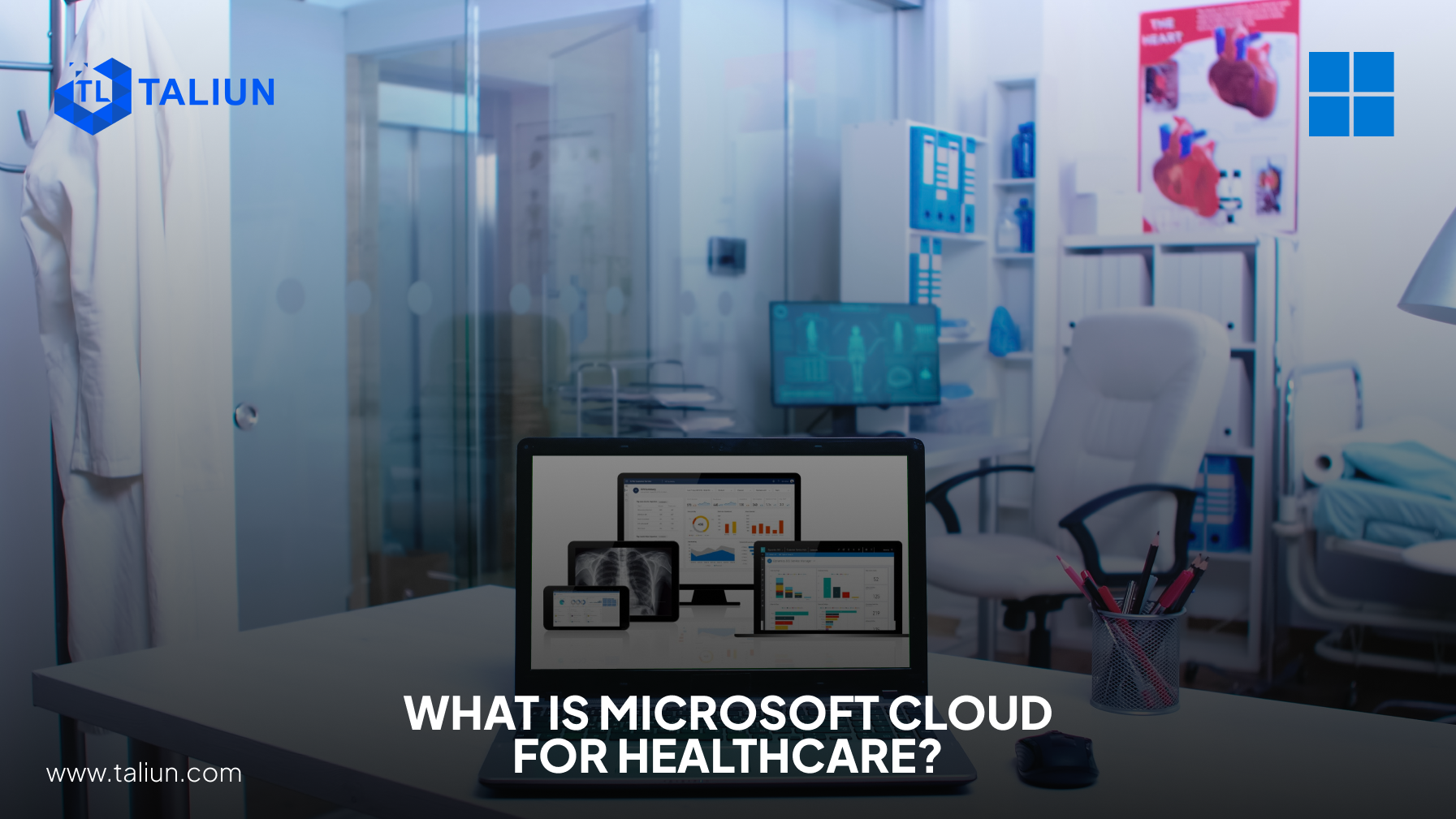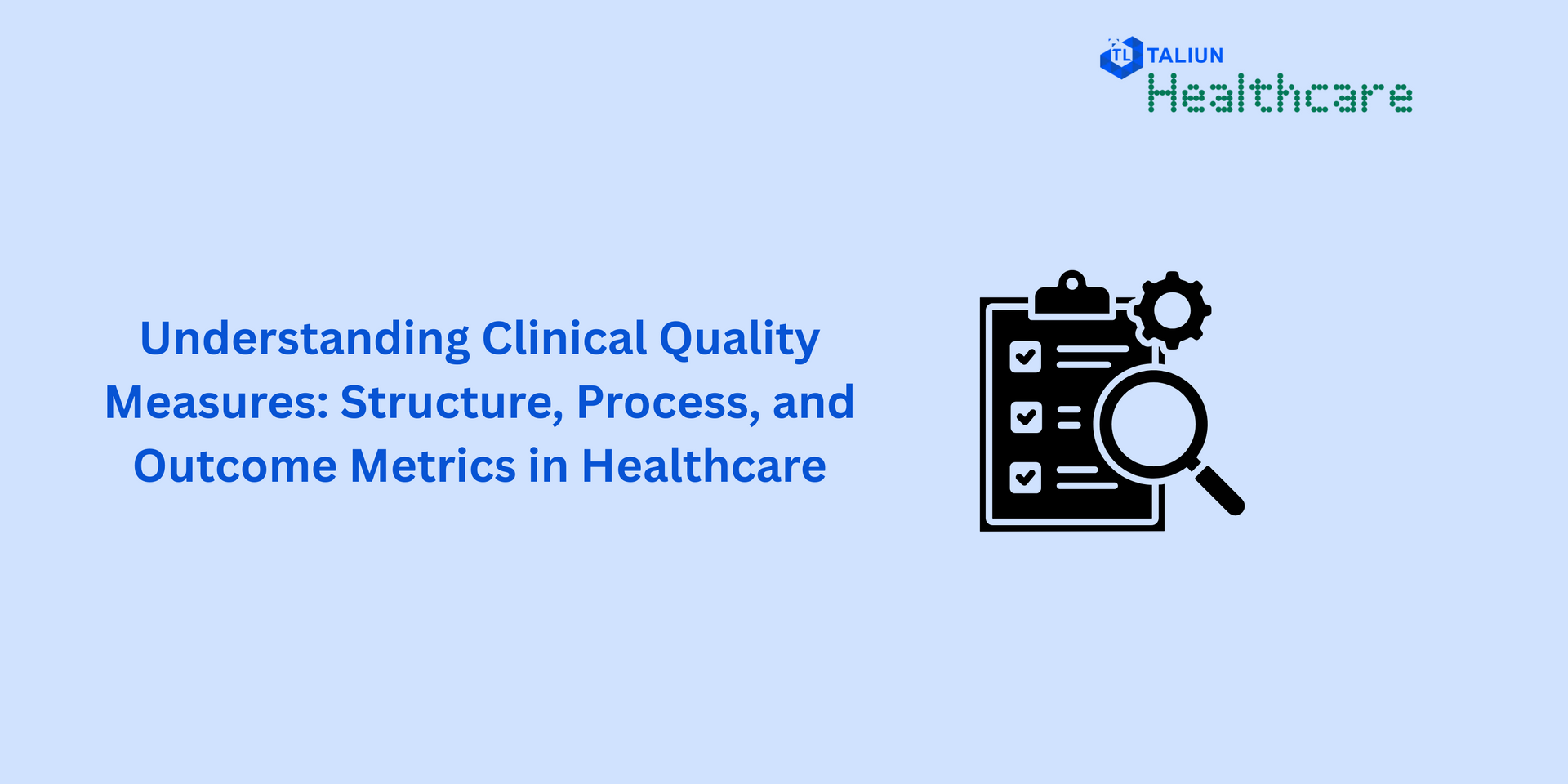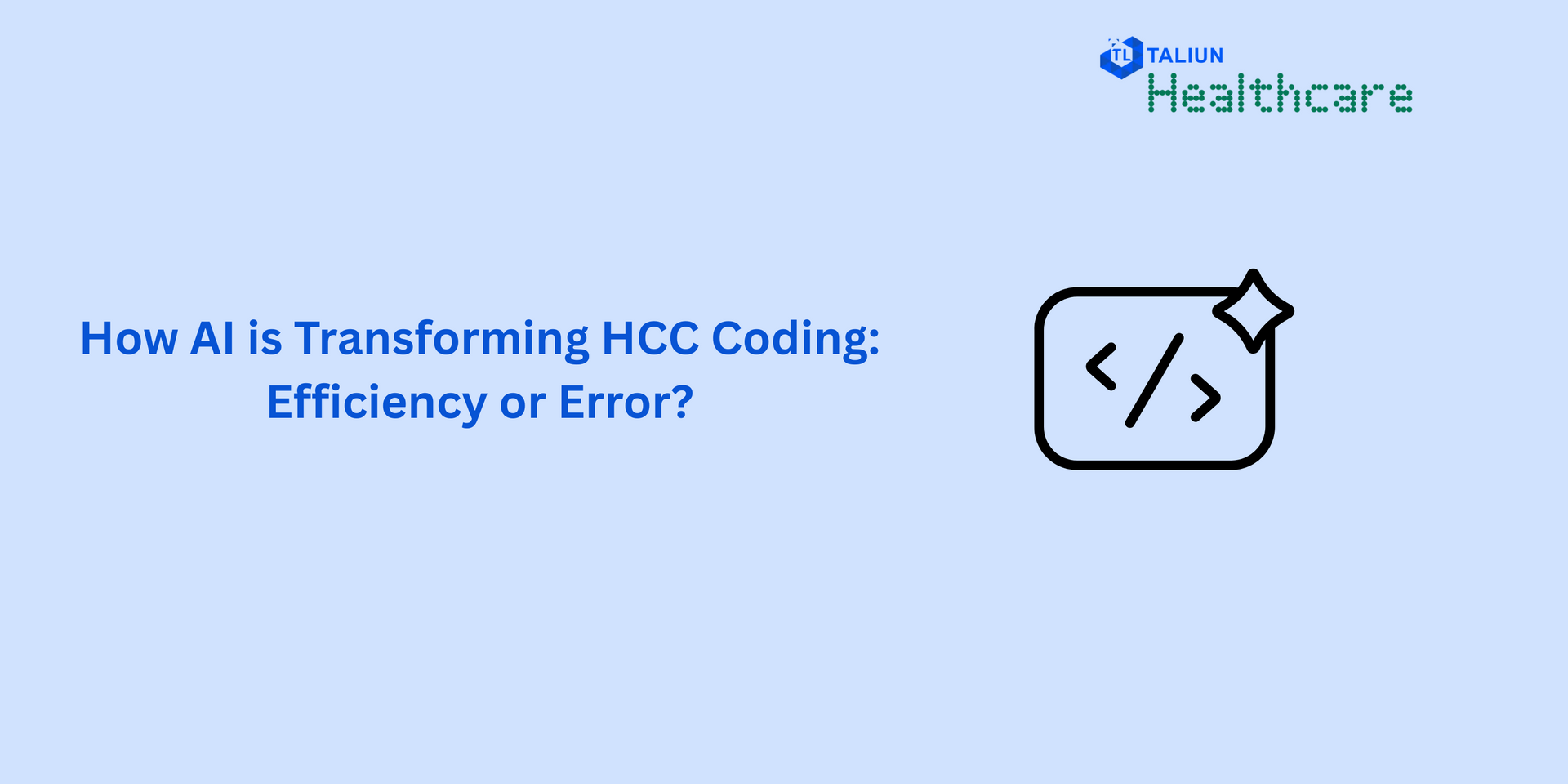What is Microsoft cloud for Healthcare?

Microsoft Cloud for Healthcare is a comprehensive cloud-based solution designed to address the unique challenges and needs of the healthcare industry. It combines various Microsoft technologies and services to provide healthcare organizations with tools that enhance patient care, improve operational efficiency, and facilitate collaboration among medical professionals. From managing patient data securely to enabling advanced analytics, Microsoft Cloud for Healthcare offers a range of features that are tailored to meet the complex demands of the healthcare sector.
One of the primary components of Microsoft Cloud for Healthcare is data storage and management. Healthcare organizations deal with vast amounts of patient data, including medical records, diagnostic images, and treatment histories. This data must be stored securely and accessed efficiently by authorized personnel. Microsoft Azure, the cloud computing platform by Microsoft, serves as the backbone for data storage and management. It offers robust security features, including encryption and access controls, to ensure patient data remains private and compliant with regulations like HIPAA.
Interoperability is another key aspect of Microsoft Cloud for Healthcare. In the healthcare industry, information needs to flow seamlessly between different systems and providers to deliver holistic care. Microsoft's FHIR (Fast Healthcare Interoperability Resources) technology allows for the exchange of healthcare data in a standardized format. This enables different electronic health record (EHR) systems to communicate effectively, reducing errors and improving care coordination.
Telemedicine and virtual care have become increasingly important, especially in the wake of the COVID-19 pandemic. Microsoft Cloud for Healthcare integrates with Microsoft Teams to enable secure virtual visits between patients and healthcare providers. This feature not only ensures continued care delivery during challenging times but also offers a convenient way for patients to consult with their doctors without needing to visit the hospital physically.
Advanced analytics and AI capabilities are also integral to Microsoft Cloud for Healthcare. By processing and analyzing large sets of healthcare data, organizations can gain insights that drive informed decision-making. For example, predictive analytics can help identify patients at risk of certain conditions, allowing medical professionals to intervene early. AI-powered image analysis assists radiologists in detecting anomalies in medical images, enhancing diagnostic accuracy.
Security and compliance are paramount in healthcare, given the sensitive nature of patient information. Microsoft Cloud for Healthcare incorporates robust security measures to safeguard data. The platform adheres to industry standards and compliance regulations, such as HIPAA and GDPR, helping healthcare organizations meet their legal obligations while leveraging the benefits of the cloud.
The patient experience is greatly improved through Microsoft Cloud for Healthcare's patient engagement features. Portals and apps enable patients to schedule appointments, access their medical records, and communicate with their healthcare providers securely. Empowering patients with these tools not only enhances patient satisfaction but also fosters a collaborative approach to healthcare.
Collaboration among care teams is essential to providing comprehensive patient care. Microsoft Cloud for Healthcare facilitates this through tools like Microsoft 365 and Teams. Clinicians can communicate, share information, and make decisions together in real time, regardless of their physical locations. This level of collaboration leads to more efficient care delivery and improved patient outcomes.
The implementation of Microsoft Cloud for Healthcare can lead to numerous benefits for healthcare organizations. For instance, it can streamline administrative processes, reduce paperwork, and free up medical staff to focus more on patient care. It can also help organizations scale their operations effectively, as cloud resources can be adjusted as needed. Additionally, the insights gained from data analytics can drive continuous improvement in care quality and operational efficiency.
Conclusion:
Microsoft Cloud for Healthcare is a comprehensive solution designed to meet the specific needs of the healthcare industry. By combining data storage, interoperability, telemedicine, advanced analytics, security, and collaboration tools, it empowers healthcare organizations to provide better patient care, enhance operational efficiency, and adapt to the changing landscape of healthcare. As technology continues to play an increasingly significant role in the industry, solutions like Microsoft Cloud for Healthcare pave the way for a more connected, efficient, and patient-centric healthcare system.




